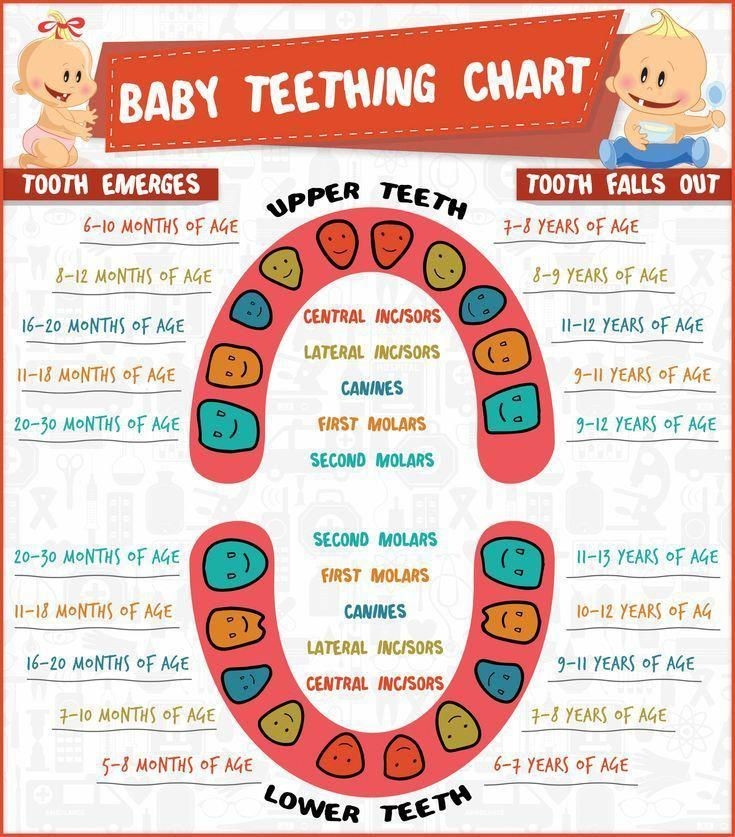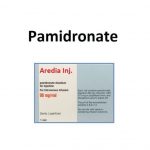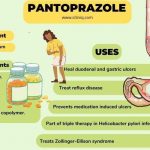
Contents
- 1 Teething
- 1.0.1 When do babies start teething?
- 1.0.2 What are the signs and symptoms of teething?
- 1.0.3 What is the order of tooth eruption?
- 1.0.4 Can teething cause vomiting?
- 1.0.5 Can teething cause a fever?
- 1.0.6 How long does teething last?
- 1.0.7 When should you call the pediatrician about teething pain?
- 1.0.8 What medications are safe to use to treat teething pain?
- 1.0.9 What home remedies provide relief for teething pain?
- 1.0.10 How do you care for your baby’s new teeth?
- 1.0.11 When should my baby visit the dentist for the first time?
Teething
Teething is the process by which an infant’s teeth erupt, or breakthrough, the gums. Teething is also referred to as "cutting" of the teeth and is medically termed odontiasis.
When do babies start teething?
The onset of teething symptoms typically precedes the eruption of a tooth by several days. A baby’s first tooth can appear between 4 and 10 months of age, usually erupting at approximately 6 months of age. Some dentists have noted a family pattern of "early," "average," or "late" teethers.
A relatively rare condition, "natal" teeth, describes the presence of a tooth on the day of birth. This occurs in one out of every 2,000-3,000 live births. Usually, this single and often somewhat malformed tooth is a unique event in an otherwise normal child. Sometimes, the presence of a natal tooth is part of a syndrome that includes other unusual physical findings.
What are the signs and symptoms of teething?
Teething is generally associated with gum and jaw discomfort as the infant’s tooth prepares to erupt through the gum surface. As the tooth moves beneath the surface of the gum tissue, the area may appear slightly red or swollen. Sometimes a fluid-filled area similar to a "blood blister" may be seen over the erupting tooth. Some teeth may be more sensitive than others during eruption.
Large molars may cause more discomfort due to their size. However, compared to the eruption of "baby" teeth, the eruption of permanent teeth rarely causes such discomfort.
Teething may cause the following symptoms:
- Increased drooling
- Restless or decreased sleeping due to gum discomfort
- Refusal of food due to gum soreness
- Fussiness
- Bringing hands to the mouth
- Mild rash around the mouth due to excessive drooling
- Rubbing the cheek or ear region due to pain during the eruption of molars
Teething is not associated with the following symptoms:
- Fever (especially over 101 F)
- Diarrhea, runny nose, and cough
- Prolonged fussiness
- Rashes over the body
QUESTION
What is the order of tooth eruption?
Here is the general order of eruption of primary teeth:
| Central incisors | 6-12 months |
| Lateral incisors | 9-16 months |
| Canine teeth | 16-23 months |
| First molars | 13-19 months |
| Second molars | 22-24 months |
Between 6 to 12 years of age, the roots of these 20 "baby" teeth degenerate, allowing them to be replaced with 32 permanent "adult" teeth. The third molars ("wisdom teeth") have no preceding "baby" version and generally erupt in mid to late adolescence. They are often removed due to promoting crowding and crooked orientation.
Can teething cause vomiting?
Teething is not causally related to vomiting. As several pediatric dentists have noted, "Teething does not cause fever, runny nose, cough, or diarrhea. Teething causes teeth."
Can teething cause a fever?
Research has not shown a causal relationship between teething and the development of a fever. Viral infections, which commonly occur independently and simultaneously with dental eruptions, may produce a fever. However, there is no teething virus.
How long does teething last?
Children will commonly have variable discomfort during the few days before tooth eruption. Some babies are bothered more than others during the migration through the gum line. Molars are more likely to be associated with teething discomfort due to their shape.
When should you call the pediatrician about teething pain?
Both teething and other illnesses or disorders can cause symptoms like fever, fussiness, and diarrhea. It is important to contact a doctor if symptoms seem concerning and not assume they are just teething.
What medications are safe to use to treat teething pain?
Controversy surrounds the use of pain medicines.
Medicines that can be placed on the gums
Studies haven’t consistently shown the benefits of topical medicines, and the FDA warns against using oral medications containing benzocaine, a topical anesthetic.
Exposure to benzocaine can cause methemoglobinemia, a rare but severe complication that limits the ability of red blood cells to transport oxygen. Individuals with symptoms after benzocaine exposure should seek immediate medical attention. Alcohol should never be used to numb gums.
Medicines taken by mouth to help reduce pain
Ibuprofen (Advil or Motrin) or acetaminophen (Tylenol) can help alleviate teething pain. Ibuprofen shouldn’t be given to infants younger than 6 months. Medications should be used sparingly and caution taken to not overmedicate for teething, as it may mask significant symptoms.
Children should not be given products containing aspirin, and no prescription drugs are routinely given for teething.
What home remedies provide relief for teething pain?
Gentle pressure on the gums, such as rubbing with a clean finger or biting down on a clean washcloth, can help relieve teething pain. Cold objects may also help reduce inflammation, but caution should be taken to avoid prolonged contact with icy objects on the gums. Never put anything in a child’s mouth that might cause choking.
Homeopathic preparations for teething should be approached with caution since their purity and concentration of ingredients are not guaranteed. Such products are not subject to FDA review.
By clicking Submit, I agree to the MedicineNet’s Terms & Conditions & Privacy Policy and understand that I may opt out of MedicineNet’s subscriptions at any time.
How do you care for your baby’s new teeth?
Oral hygiene can be started even before the eruption of the first tooth. Cleaning the gums twice a day using a washcloth used for cleaning the face and hands after eating is effective.
Fluoride is highly effective in reducing cavity development. Check with the child’s pediatrician or dentist for fluoride supplementation recommendations based on water source and the child’s age. Children’s teeth are most vulnerable during the first three years of life, so fluoridated toothpaste is rarely necessary for children under 3 years of age.
Maternal fluoride supplementation during pregnancy does not benefit fetal dental integrity or protect the child’s teeth from cavities.
Infants and children should never take a bottle to bed, as it can cause cavities. Sticky fruit or sugary foods can also increase cavity formation.
When should my baby visit the dentist for the first time?
The American Dental Association and the American Academy of Pediatrics recommend the first dental visit at 1 year of age, or at the latest, 3 years of age. Trauma, oral malformations, staining of the teeth, dental pain, or unusual changes in the teeth or gums should prompt a dental visit when first noticed by the parent.


